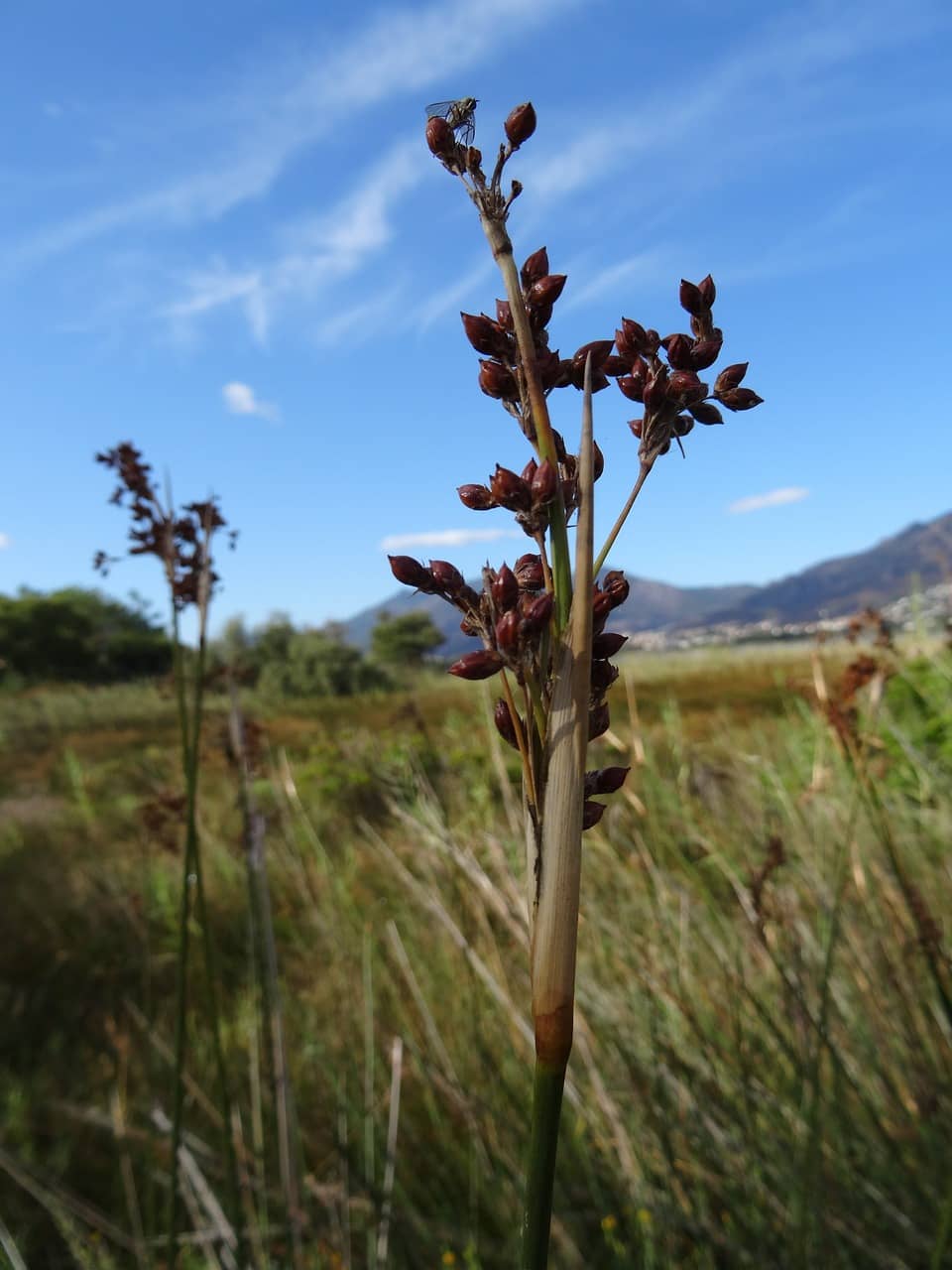
(NewsDakota.com/NDSU) – Cool-season invasive grasses have dramatically impacted the northern Great Plains, including North Dakota, since the mid-1990s.
“Kentucky bluegrass, smooth bromegrass and crested wheatgrass have invaded rangelands at unheard of levels, regardless of grazing management practices, since a wet cycle started in 1993,” says Shawn DeKeyser, North Dakota State University Natural Resources Management program leader.
These invasive grasses reduce biodiversity of native plants, decrease forage quality for grazing livestock during dry summers, reduce forage production, and reduce habitat for pollinator insect species and many bird species.
The Perennial Cool-Season Invasive Grasses of the Northern Great Plains Workshop was developed for land managers and livestock farmers and ranchers in the region to provide updates on the latest research and management options. The workshop will be held March 15-17 at the Memorial Union on the NDSU campus in Fargo.
The workshop will feature presenters from across the Great Plains in the U.S. and Canada. Speakers will address the ecological drivers of invasion, a diversity of management strategies and frequency of management applications.
The NDSU School of Natural Resource Science, NDSU Extension, U.S. Fish and Wildlife Service, U.S. Department of Agriculture Natural Resource Conservation Service, USDA Agriculture Research Service, North Dakota Wildlife Society and the Society for Range Management are hosting the event.
The conference will start at 12:45 p.m. on March 15 and wrap up at noon on March 17. The registration fee for the conference is $50 for general admission and $20 for students if paid by Feb. 28, after which both will increase by $25. To learn more about the workshop and register, click here.
